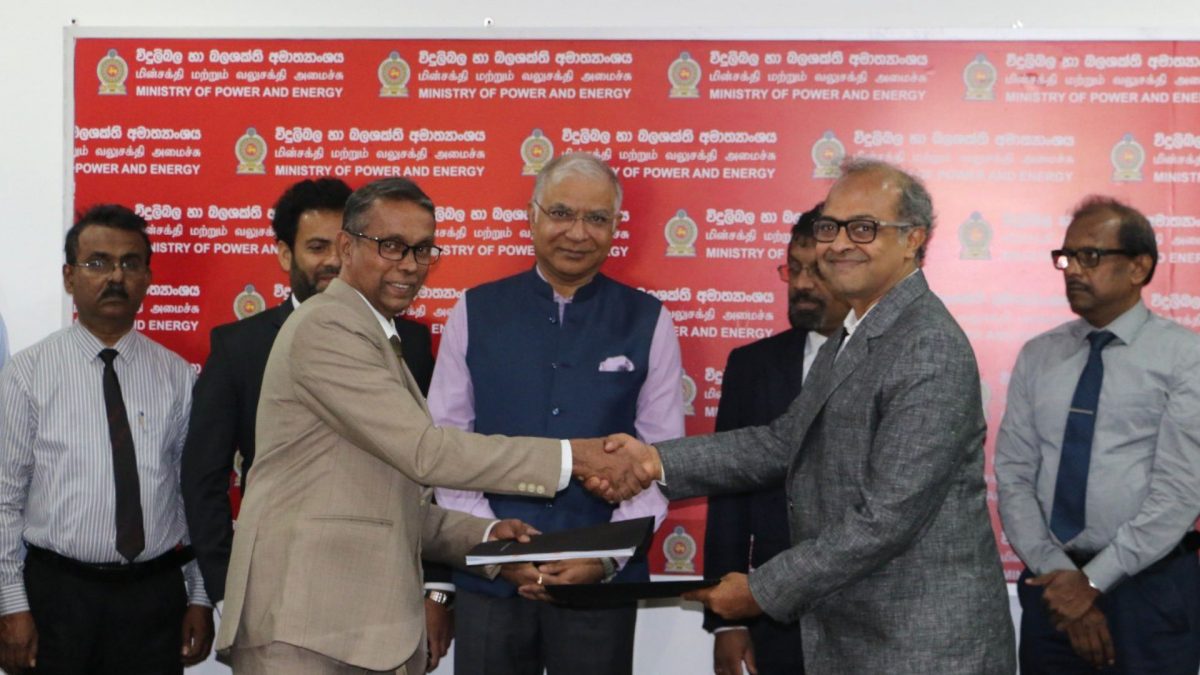So the Dark Prince has come and gone, returning to his kingdom to arrive thereafter in India next. Pakistan laid out the red carpet including an impressive escort of the royal aircraft by its air force fighters. The Saudi entourage carefully brought everything with them barring the kitchen sink. His immediate security detail also seems to have been from back home. The optics were good, with the country dressed up to the nines to greet the royal visitor. But the end result was not as much of a joint meeting of souls as Pakistan will like to portray, and Indian media is trying to push. There was, like all such bilateral relationships, some give and some take, as a careful reading will show.
The Prince’s visit – delayed by a day - sent Pakistani media into a frenzy of delight days before his arrival, with headlines predicting billions of dollars of investment. After all Saudi delegations have been drifting in and out of Baluchistan (mostly) and the first two tranches of an estimated $6 billion in the balance of payments support and deferred oil payments have already made its way to Pakistan. That’s not an investment, but signs of a rent-seeking economy. There is a minuscule grant section of a mere $549 million in terms of bilateral aid. Of the apparent $20 billion investment that the Saud Prince was quoted as saying has already come to Pakistan, there is no sign at all, in the annals of the Board of Investment of anywhere else.
Even more curious is the announced $20 billion by the Ministry of Foreign Affairs which seems to be more of a wish list than any particular commitment of funds. For instance, the Saudi Fund For Development is “expected” to fund the setting up of facilities for re-gasified LNG and petroleum products over the next 2-3 years to the tune of about $5 billion. That and commitments for a $10 billion refinery at Gwadar as well as mining and mineral rights again in Baluchistan and Khyber Pakhtunkhwa are the main takeaways. These were known well in advance. Rather surprisingly, the Saudis are also to bankroll renewable energy projects to the tune of $2 billion, all of which is to be spread over several years, after feasibility studies are completed over the next few years. Nonetheless, it’s a tidy sum to lead politicians and security heads to do more apple polishing for the Saudis in the future.
Then are the negative indicators. Saudi aid is to be channelled and monitored through a Joint Supreme Coordination Council which will include all major ministers, including of foreign affairs, defence, defence production, finance, energy, petroleum, water resources, information, culture, interior, commerce, trade and investment and human resources of both countries. This arrangement almost mirrors the route that is being followed in CPEC (China Pakistan Economic Corridor) which at one time it seemed that the Saudis would join. In other words, the Saudis intend to keep a controlling eye on whatever it gives and more importantly whatever it gets in return. That at the moment is probably in the area of security, with the Pakistan Army now virtually involved – through its former army chief and several hundred troops and retired army personnel – in the kingdom’s war against Yemen.
Then there is the issue of Pakistani labour in the kingdom. The repatriation of money by this workforce forms a substantial part of Pakistan’s GDP, particularly at a time of stress in foreign exchange reserves. Prime Minister Imran Khan’s rather touching but incoherent speech asking for kindness to Pakistani workers was more than just a humanitarian gesture. He needs them to stay there. The Saudis have been steadily reducing the number of Pakistanis employed there, resulting in remittances falling steadily over the last three years. Despite the Prince’s rhetoric on the issue – he said he would act as Pakistan’s Ambassador on this - the kingdom has agreed to reduce visa fee, and nothing much else.
Finally, there is the vexing question of the joint statement. It has no reference at all to Kashmir, a considerable shift away from the earlier 2014 joint declaration. The one line which called for avoiding politicisation of the UN listing regime is clearly a Pakistani win in diplomatic terms. However, it is advisable that India follow the same protocol that it has insisted upon with Riyadh. The prince’s return to his country and embarking separately on a visit to India is meant to disassociate and nullify the India-Pakistan linkage. New Delhi should seek its own relationship with the kingdom, so ably built up by the visit of Prime Minister Modi last year, into one that can stand on its own merits. Saudi presence in Gwadar is a concern, but the viability of that project will depend on Iran and has little to do with India in real terms.
Meanwhile, Saudi Arabia has changed. It needs friends in the neighbourhood and more importantly investment destinations. Far better to concentrate on getting state governments on board such projects like Ratnagiri, rather than roil the relationship on the Pakistan issue. Saudi sources are right. Comparing the two relationships is like chalk and cheese. Saudis are prepared to invest far more in India because its market has the ability to absorb it. As the foreign office mandarins will tell you, diplomatic wins can only go hand in hand with a strong business and investment relationship. Money talks louder than joints statements, every time.


)




)
)
)
)
)
)
)
)